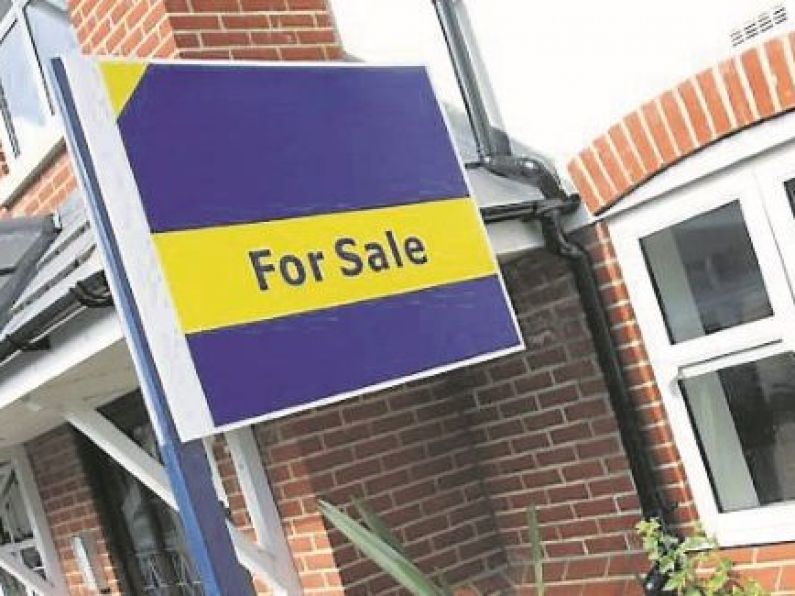By Eamon Quinn
There is no evidence that house prices and the money going into building homes are out of kilter across the eurozone, but the huge differences evident between countries is making any assessment that more difficult, the ECB has admitted.
“The euro area housing market has been in an upturn since the end of 2013 and is in a relatively advanced state of the cycle in terms of duration,” the ECB said in a new report, called The state of the housing market in the euro area, which is designed to help it devise policies to prevent any overheating and a repeat of the property crash.
“House prices have surpassed their pre-crisis peaks, while residential investment is still significantly below. The state of the euro area housing market is, so far, not characterised by generalised investment activity or house price levels above their fundamentals,” the central bank said in the report.
It added: “However, considerable heterogeneity in developments across and within countries makes the overall assessment more challenging”. The report comes as a number of countries, including Ireland and Germany, posted large gains in house prices this year. Irish residential property prices outside Dublin climbed 11.4% in the year to August, according to the latest available CSO figures.
The ECB report focuses more on the big eurozone countries such as Germany, France, and Italy, and expects the upturn in the housing market “to continue but at a more moderate pace”.
“This reflects expectations in currently available forecasts and projections that the euro area economic expansion will continue, reflecting the favourable impact of the very accommodative stance of monetary policy, improving labour market conditions and stronger balance sheets,” it said. But it warned: “Monitoring a broad set of housing-related indicators is key to assessing the macroeconomic and macroprudential implications of the housing market. To fully assess the state of the housing market it is necessary to look at both the major demand and supply determinants and their interactions.”






